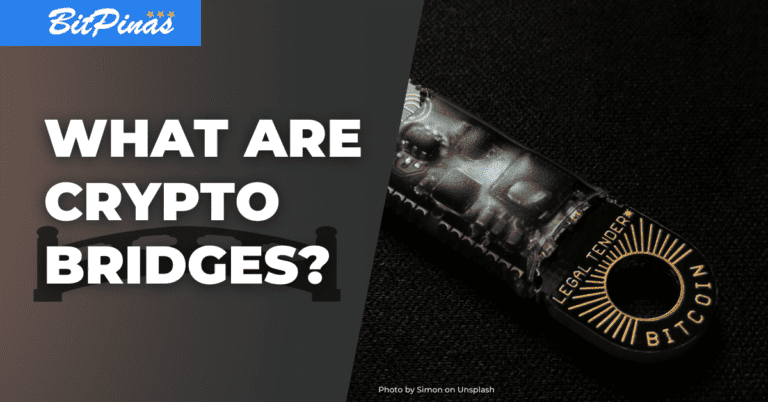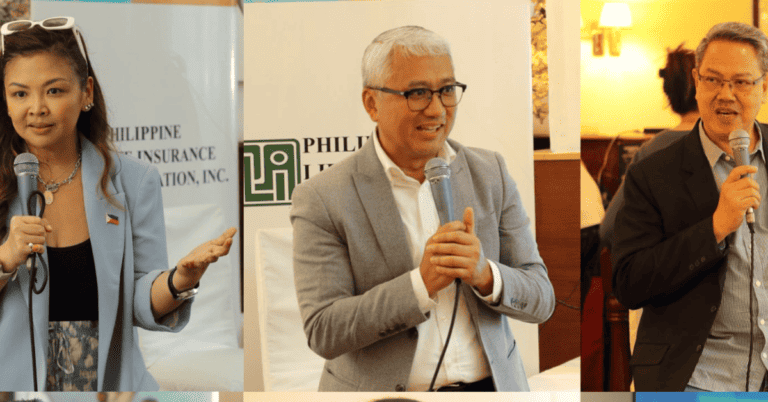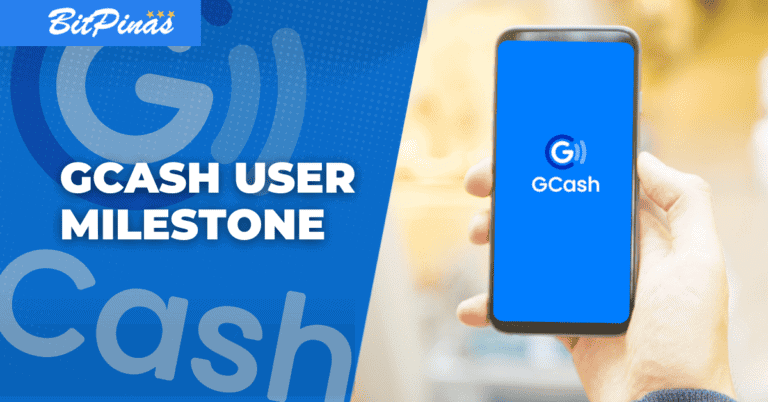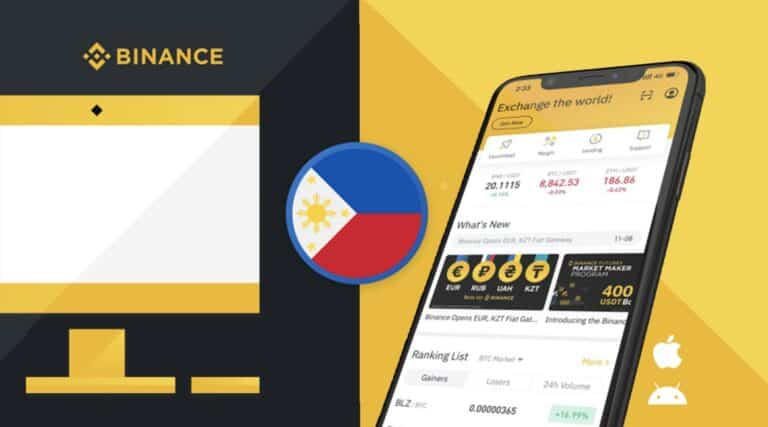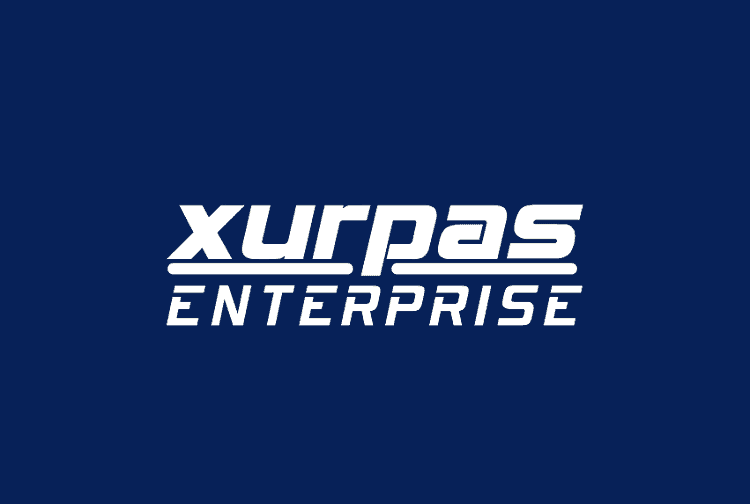Blockchain Shift is Low Priority for Small & Mid-Sized PH Banks – Report
A recent study reveals that many of the Philippines’ small and mid-sized banks are not ready for digital transformation. Also, if they will be transforming, they don’t see the need to move to the blockchain yet to prioritize basic services improvements like mobile and online banking.
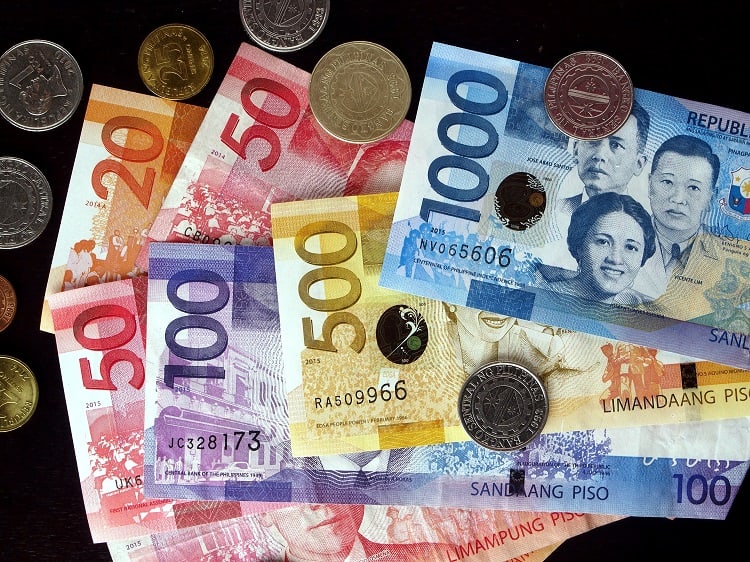
October 31, 2018. In a study conducted by FINTQnologies Corp (of PLDT), the majority of the country’s mid and small-sized financial institutions are not ready for digital transformation. Furthermore, the research reveals that among different groups surveyed, a majority do not see the need to prioritize emerging technologies like blockchain and artificial intelligence (AI) in the shift.
Note: We appeal to your journalistic ethics to please consider attributing our website if you use this as a source/if you use the information here, such as website links and names to complement your research.
FINTQ Report Summary
FINTQ’s report “Are Philippine Financial Institutions Ready for DX” examines the financial landscape’s readiness to adopt technology to achieve the country’s goal of increasing electronic payments by 20% and achieve its financial inclusion goals by 2020.
While the findings revealed that the majority are not ready for the digital shift, it reveals how financial inclusion can be accelerated – through mobile phones.
Blockchain and Cryptocurrency Are Low Priorities
Financial institutions that want to go digital first want to prioritize basic functionalities that will make their services more efficient.
For example, most of the respondents say they look for functionalities such as bills payment, mobile payments, electronic Know-Your-Customer (e-KYC), and online banking as key priorities.
Things like blockchain, cryptocurrency, and artificial intelligence are low priorities.
Participants
The respondents are classified into 3. The Path Breakers are those institutions with “extensive and substantial” capacity to go digital. The Pack Followers are those with limited capability to undergo digital transformation but aware of the emerging technologies. Digital Laggards are those with extremely limited capacity to go digital.
Read More: BSP, SEC to Launch Nationwide Bitcoin Educational Campaign
Blockchain & Cryptocurrency Prioritization per Respondent Classification
Path Breakers

The Path Breakers have the capacity to go digital. Many of the respondents in this classification already have online banking functionalities and are members of the Philippine Clearing House and Bancnet*(read notes below the article). Their digital priorities are centered on mobile payments and internet banking. Blockchain and cryptocurrencies as priorities are ranked lower.
Pack Followers

The Pack followers are institutions that are very interested in digital transformation but are only slightly digitally transformed themselves, with around 72% of these institutions not even having an online banking platform. The pack followers look at Bills Payment as their key priority.
Digital Laggards

The Digital Laggards are those with limited capacity to adapt to the digital transformation shift. 59% of the digital laggards are only slightly aware of digital transformation and 86% do not have an e-banking platform. Majority of them are not members of the Philippine Clearing House and Bancnet. At the top of their priorities are bills payment and loans management systems.
The report reveals that blockchain and cryptocurrency are low priorities, which FINTQ has expected given that the majority of the respondents are digital laggards and pack followers.
Universal Banks
Blockchain is currently a young technology and is often grouped with the likes of artificial intelligence as the next big thing in finance.
While it is expected for mid & small-sized financial institutions to not have the capacity to digitally transform, albeit to even look at blockchain, many of the Philippines’ universal banks such as Union Bank and Philippine National Bank (PNB) are looking into blockchain as a technology that will transform their banking systems.
In a previous report, PNB chairman Flor Gozon Tarriela said it is a bank-wide policy to closely study disruptions happening in finance. As such, they are studying the blockchain as one of the ways to improve banking.
Union Bank has been at the forefront of blockchain in the Philippines. The universal bank pioneered Project i2i to connect rural banks into the blockchain and even conducts training to increase blockchain developer talent in the country.
